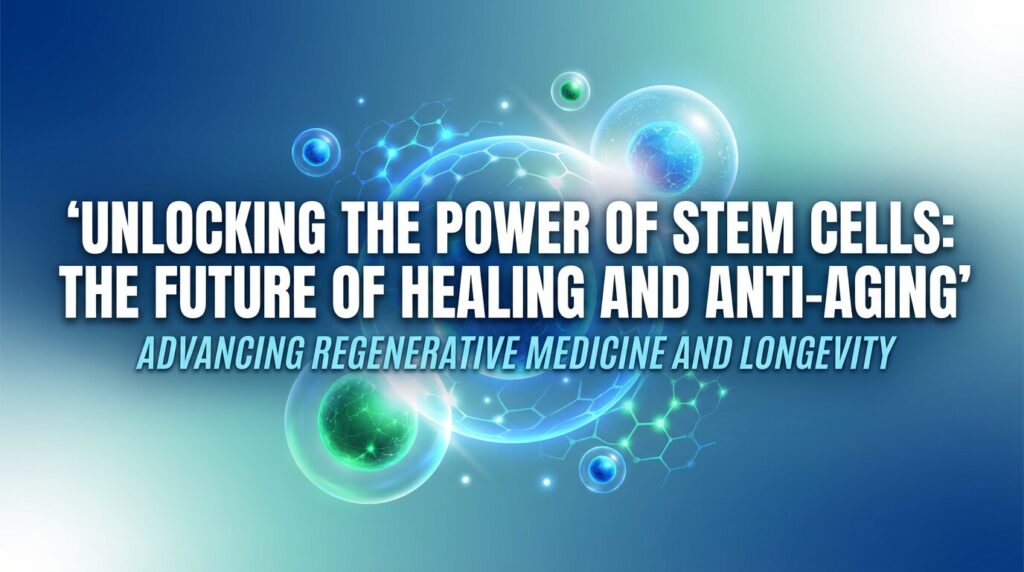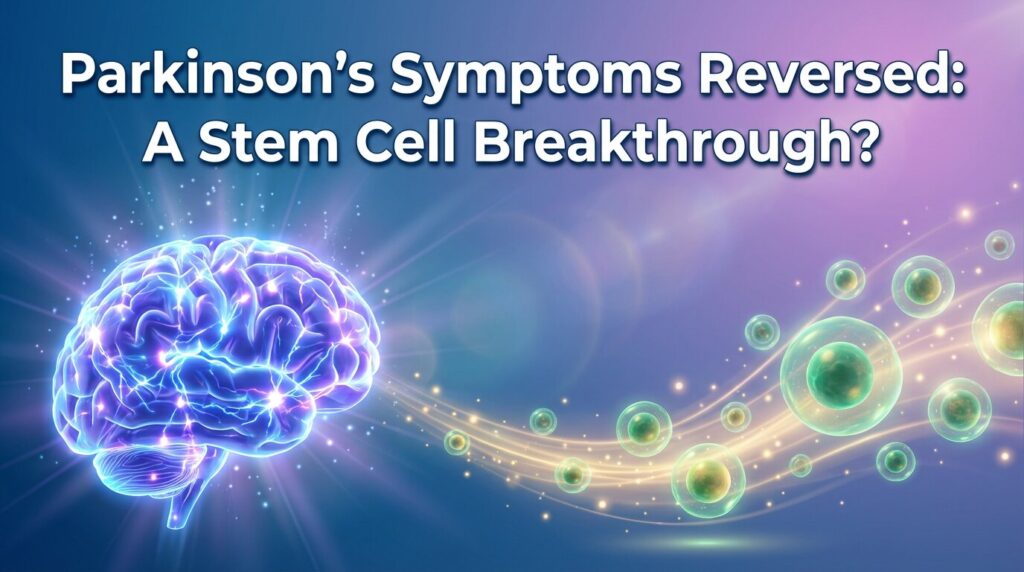The U.S. Food and Drug Administration (FDA) has granted Regenerative Medicine Advanced Therapy (RMAT) designation to BrainChild Bio for its B7-H3 CAR-T cell therapy.
This experimental treatment targets aggressive brain tumors in children that currently have no cure.
What Is CAR-T Therapy?
CAR-T therapy is a form of immunotherapy. It involves modifying a patient’s T cells—a type of white blood cell—to recognize and attack cancer cells.
Scientists extract T cells from the patient, engineer them in a lab to carry special receptors (called chimeric antigen receptors, or CARs), and then reintroduce them into the patient’s body.
These enhanced cells are trained to find and kill tumor cells.
BrainChild Bio’s CAR-T therapy targets a protein called B7-H3, which is found in high amounts on certain brain tumors but in low amounts on healthy tissue.
This makes it a promising target for treatment with fewer side effects.
What Is RMAT and Why Does It Matter?
RMAT stands for Regenerative Medicine Advanced Therapy. The FDA grants this designation to treatments that show early promise for serious or life-threatening conditions.
It is similar to the “breakthrough therapy” status but is specifically for regenerative treatments like cell therapies.
With RMAT status, BrainChild Bio will receive increased support from the FDA.
This includes faster communication and potential priority review of future applications. The goal is to speed up the development and approval process.
Why This Matters for Pediatric Oncology
BrainChild Bio’s CAR-T therapy focuses on children with brain tumors such as diffuse intrinsic pontine glioma (DIPG) and other malignant central nervous system (CNS) tumors.
These cancers are extremely difficult to treat. Most patients do not survive more than a year after diagnosis. Standard treatments like radiation and chemotherapy offer limited benefits and often cause serious side effects.
The RMAT designation recognizes that B7-H3 CAR-T therapy may offer a new option where current treatments fail.
If proven safe and effective, this therapy could become one of the first viable treatments for these deadly pediatric conditions.
The Challenges in Treating Pediatric Brain Tumors
Pediatric brain tumors like DIPG are resistant to many forms of treatment.
Their location deep in the brain makes surgery impossible in most cases.
These tumors also grow quickly and are difficult to reach with drugs. Because children’s brains are still developing, many treatments cause long-term harm.
Researchers must also work with small patient populations, making trials more difficult to conduct. Despite these barriers, new technologies like CAR-T therapy offer hope.
What’s Next?
BrainChild Bio’s B7-H3 CAR-T therapy is still in clinical trials. The RMAT designation is not an approval, but it is a major step forward. It shows the FDA’s support and signals that early data is encouraging.
If future results continue to show safety and effectiveness, this treatment could move more quickly through the approval process and become available to patients who urgently need new options.
This development is a strong signal of progress in pediatric cancer research. It highlights how advanced cell therapies like CAR-T are expanding beyond blood cancers into solid tumors—offering hope to children facing the most difficult diagnoses.
For mor info visit: https://brainchildbio.com/



